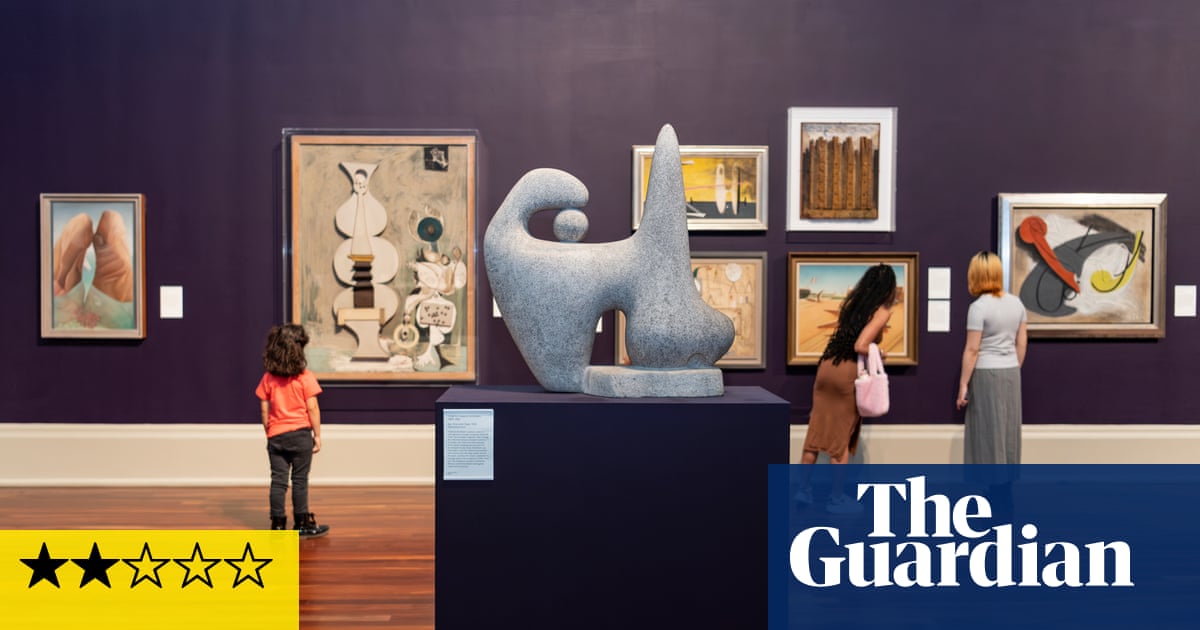
week ago Jeremy Hunt, the chair of the health select committee review of the UK’s Covid-19 response, said that some actions represented “the biggest failure of scientific advice to ministers in our lifetime”.
Last Thursday, when pressed by Kirsty Wark on BBC’s Newsnight about why the community test, trace and isolate strategy in tackling the pandemic was abandoned as a policy on 12 March, Jeremy Farrar, the director of the Wellcome Trust and a member of the Scientific Advisory Group for Emergencies (Sage), was commendably open and honest: “I do not remember the truth of that [what Sage said] on 12 March … [but] testing has been critical for every country that has controlled the epidemic … in retrospect it was [a mistake] … we should have been testing earlier.”
On Saturday, however, when Sir Mark Walport, chief executive of UK Research and Innovation, and another core member of Sage, was asked the same question on Radio 4’s Today programme, he responded differently. “Advice from the scientific community was always to test as much as possible,” he said. It was a question of logistics – the capacity wasn’t there. In other words, Walport saw no failure of scientific advice to government ministers – simply a failure of people in labs and Public Health England to respond to the scientific advice.
This is odd because on 15 March he was interviewed on Sky News and made no mention of a testing strategy to reduce transmission: he defended continuation of mass gatherings and the UK’s “world-class” modelling for the outbreak. Later, when interviewed again on 29 March, he said social distancing was the best way to reduce transmission and that testing was needed only for health workers, and for when outbreaks flared up. He also wanted a balance between “clamping down” and keeping the economy going. The best advice, he said, was “coming from the modelling community”.
This question about testing policy is far more than a matter of bureaucratic sophistry. The government’s decision on 12 March, when the UK had 590 confirmed active cases and nine deaths, led to the uncontained explosion of the Covid-19 epidemic. Imperial College London researchers have estimated the baseline R value – the rate at which people are passing on infections to others – at that time to have been just below four. Between 12 and 24 March, when the national lockdown started, cases exploded. By 28 March, Imperial researchers estimate that more than 1.8 million people in Britain were infected. The official death toll in the UK from Covid-19 stands at nearly 35,000 people, though estimates from the Financial Times put the number of lives lost at more than 62,000.
Grieving families need to know what advice was given and how it was acted on. I have repeatedly called for a rapid and no-blame audit of Sage advice, to take the pressure off its members, so that we can learn the lessons from the scientific debates that might have led to well-intentioned misjudgments.
It’s clear that in the early stages of the outbreak, Sage was over-focused on using pandemic influenza as a guideline – a virus with a much lower death rate, a lower R value (around 1.3) and a short incubation period, which makes testing redundant. Its modelling and behavioural subcommittees were labelled with the prefix SPI – scientific pandemic influenza groups. And its rigid contain-delay-research-mitigate strategy comes from the influenza handbook. But this was coronavirus not flu. And it simply didn’t listen to advice from the World Health Organization’s director-general, Tedros Adhanom Ghebreyesus, who, when declaring a pandemic on 11 March, said: “The idea that countries should shift from containment to mitigation is wrong and dangerous.”
Understanding these discussions and decisions must come from the accurate, full and public release of the Sage meeting minutes from 28 January up to the present day. And from the evidence of Sage academics who volunteered their time and expertise. This can be done without blame or pointing fingers. Sir Patrick Vallance, the government’s chief scientific adviser, said the minutes would be released when the epidemic is over – we are coming towards the end of the coronavirus surge, so that time is now.
Sage has been bedevilled by a lack of transparency and balance. If independent public health experts had not been excluded from the core committee, which is dominated by modellers, virologists, clinical academics and behavioural scientists, the influenza-driven “herd immunity” strategy might not have materialised. If the blame is now subtly being shifted to public health colleagues by core members of Sage, then this heightens the necessity for full transparency. MPs and the scientific community should press for the unredacted release of meeting minutes immediately.
Those minutes have assumed greater importance given the slow and fragmented response by the UK in mounting a sustainable and locally integrated system for finding, testing, tracing and isolating Covid-19 cases. Four months into this epidemic, we are not even close to having a system ready for lifting the lockdown. As an editorial in last week’s British Medical Journal declared: “Meaningless political soundbites promising to recruit 18,000 contact tracers, test 200,000 people a day, or invest in unjustified contact tracing apps, divert focus and could lead to more deaths.”
The government has thus far provided the names of 60 contributors to Sage – but its core decision-making group should also be listed.
Over the last two months, the British public has complied with social distancing meticulously. It has witnessed, at first hand, the greatest public health disaster in a century, and the deaths of thousands of innocent people, including more than 180 health workers and volunteers, and more than 200 care workers. The public deserves the hard data, scientific opinions and the minutes of Sage meetings – not recollections in the media from senior members – to help us all understand how we got here.
• Anthony Costello is professor of global health at UCL, and a former director at the World Health Organization












